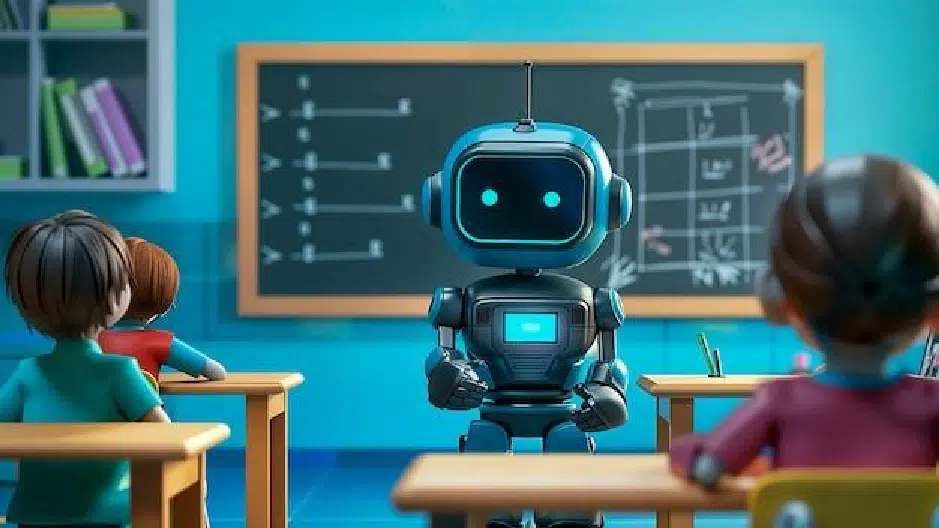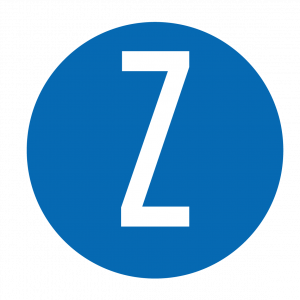
In the past, academic integrity was straightforward & easy to define. You completed your assignment, didn’t cheat, & cited the sources properly. This was considered academic honesty.
But now, things are different.
AI is everywhere in education; therefore, the meaning of academic integrity is shifting & becoming more complex.
AI offers huge benefits to students. But if AI can do your assignments, then what does it mean to be honest in your work?
What does academic integrity mean now?
Well, continue reading this guide to explore how AI is reshaping education, both positively & negatively, & how students can use it without losing integrity.
What Does Academic Integrity Mean?
According to Monash University, “Academic integrity means acting in a way that is honest, fair, respectful and responsible in your studies and academic work. It means applying these values in your own work, and also when you engage with the work and contributions of others. These values are expected of both staff and students.”
So, academic integrity means being honest & fair. In simple words, it means creating your own work. It means not copying. It means learning in a way that helps you improve as a person & student.
AI Tools Are Making Waves in Education
AI is now everywhere in education. It gives students shortcuts. Work feels quicker & sometimes smarter.
Below is a list of the main AI tools students rely on:
1. Content Creation Tools
AI writing tools can create essays, ideas, & answers in the shortest time possible. Students type a prompt (basic instructions) & get a full assignment back.
2. Grammar & Style Checkers
These tools polish student writing. They use artificial intelligence to fix grammar errors & improve flow. Little effort, big payoff.
3. Plagiarism Checkers
Plagiarism or duplication checker tools check if you copied any information from online sources. They compare essays to millions of texts. These tools present a safety net for honesty.
4. Plagiarism Removers
Online plagiarism remover tools rewrite the text so that it seems unique. Students can use these tools to avoid being caught for plagiarism. In simple words, these tools help you remove plagiarism from the text & make it appear original.
5. Content Detection Tools
Teachers use AI content detectors to check the authenticity of assignments. These tools analyze a piece of text & tell if it’s written by AI. Yes, they expose AI writing.
6. Humanization Tools
AI detectors catch AI-written work. That’s where an AI humanizer rewrites AI-generated content so that it feels human-like. As a result, students use it to bypass detection tools & give their work a human touch.
Is Using AI Cheating?
Students are stuck in a confusing middle ground where the rules aren’t fully clear.
Well, using AI as a brainstorming tool is okay.
On the other hand, having AI write the full assignment & submitting it as yours is clearly cheating.
Let us give examples to sort things into categories.
Acceptable Use:
✔ Using AI grammar checkers to find & fix grammar mistakes.
✔ Asking an AI tool to help you understand a topic
These are safe & allowed ways.
Questionable Use:
❌ Paraphrasing AI-generated content to avoid detection
❌ Using AI to write answers & then edit them slightly
Unethical Use:
❌ Copy-pasting AI-written content without making changes
❌ Using plagiarism removers to trick your mentor
What’s the bottom line?
Focus less on shortcuts & more on real learning.
Pros of AI in Education
Here’s how AI helps students learn:
✅ Quicker Learning & Research
AI can take something complicated, break it down instantly, & explain it in easy words.
✅ Improved Writing Skills
AI grammar checkers fix grammar fast & teach students what went wrong.
✅ Accessibility for All
AI levels the playing field, helping students who might struggle without it. For example, students who speak English as a second language can get support they wouldn’t otherwise have.
✅ Save Time
AI handles boring tasks & gives students more time for real learning.
The key message?
AI itself isn’t bad. The danger comes from misuse.
Cons of AI in Education
AI has serious risks, particularly with cheating & honesty in school.
❌ Easy Path to Plagiarism
This is the first danger: plagiarism made easier by AI. Students might hand in assignments AI created, so the work isn’t really theirs. Intentions aside, it’s still dishonest.
❌ Learning Becomes Shallow
Another problem: weak learning. Real learning requires thinking deeply & solving problems, but AI shortcuts that process. In other words, no struggle. No growth.
❌ Risk of Getting Caught
Nowadays, academic institutions use detectors to spot AI-crafted assignments. The end results? Students could be caught & their grades could be ruined.
❌ False Confidence
The last big drawback: blindly trusting AI. AI isn’t perfect. It sometimes invents fake facts, sources, or gives weak answers. If students believe everything AI says, it can hurt them.
What Should Students Do?
Students don’t need to completely reject AI. It’s not the enemy. The idea is that AI should support learning. Not replace effort.
Use AI for:
- Sparking creativity when you’re stuck. It gives you starting points.
- Cutting down long texts into key points. Saves time & energy.
- Making your writing cleaner.
- Getting answers.
Avoid AI for:
- Writing full assignments or research papers.
- Rewriting text to avoid plagiarism.
- Copy-pasting without review or understanding.
- Pretending that AI-written text is your own.
The key?
Balance.
AI can point you in the right direction, but you still have to walk the path.
- Use it to boost clarity & sharpen your ideas.
- Use it to save time, not replace thought.
Key Notes
Education isn’t only about cramming information or finishing essays anymore. It’s bigger. Know how & when to use AI tools the right way.
No matter if it’s an AI content creation tool or a grammar checker, you should pause & ask yourself, “Am I actually learning, or only rushing for a quick fix?”
Because at the end of the day, your education is yours, not your AI’s.
Teachers see this shift too. They’re not just grading papers; they’re asking how much of the work shows real thinking.
AI can support, but it can’t replace curiosity. It can polish words, but it can’t build wisdom.
Shortcuts might save time, but they cost depth.
Honesty matters. Effort matters. Growth matters.
And integrity is still the real measure of success.











